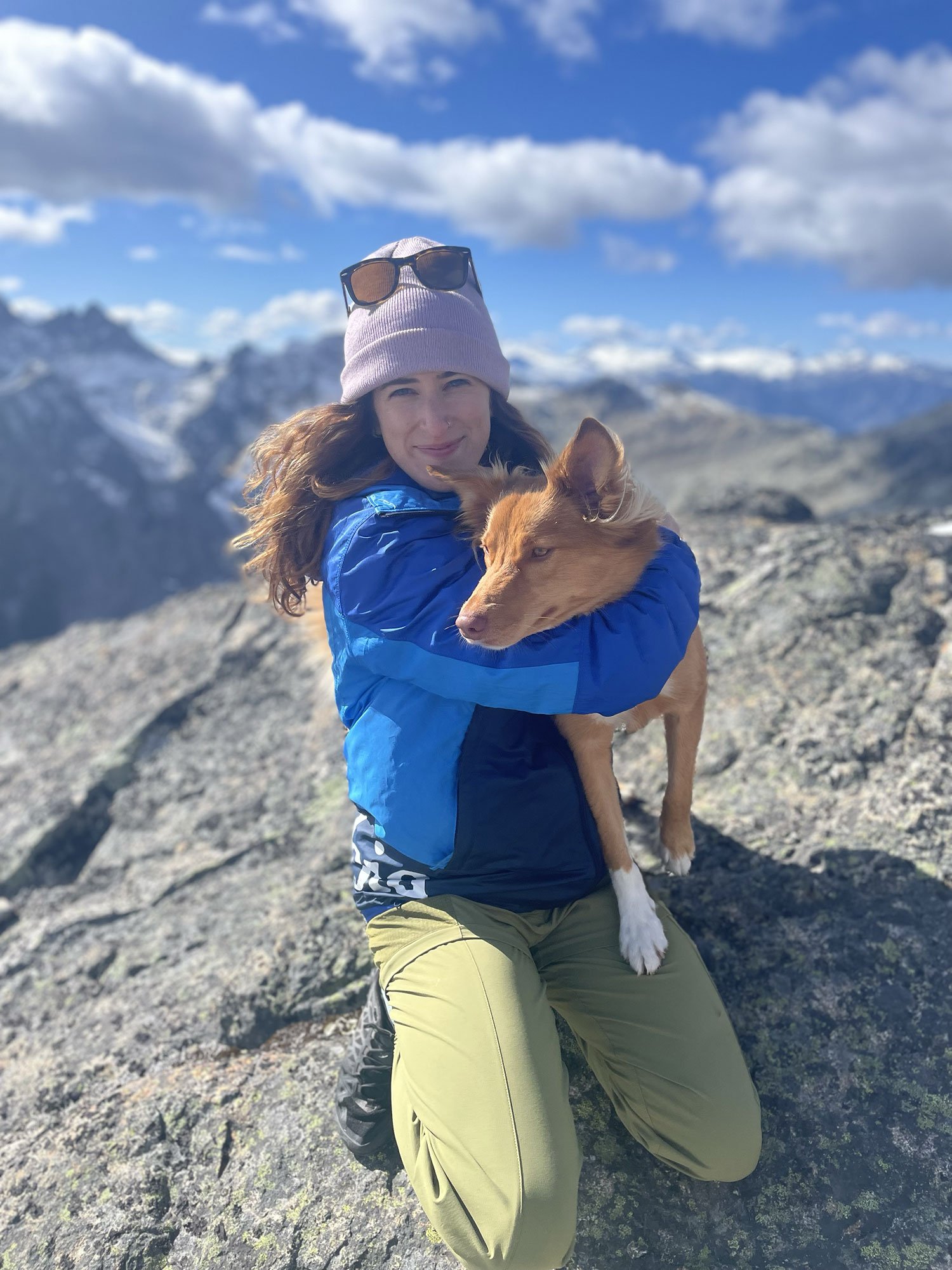ABOUT
“Possibility is not a luxury; it is as crucial as bread.”
MY STORYWho are we as human beings? Why are we here on this small blue dot in a vast universe? With all the suffering, and beauty, in the world—how ought we to live?
When I was 16 years old, I began to devote most of my waking hours to these questions about the meaning of human existence—a turning point that was simultaneously an existential crisis and a spiritual awakening. Siddhartha by Hermann Hesse, The Tibetan Book of the Dead, Kierkegaard’s journals, Freud’s Civilization and its Discontents, Stephen Hawking’s Brief History of Time: I devoured these texts and others, compelled by a gnawing hunger for insight and answers to the big questions. In my undergraduate degree studying Literature, Philosophy and Religion Studies at UBC, I became fascinated by the way different views on so-called 'human nature' impact the way people relate to one another, the natural world, and form societies. From my youthful existential angst to my years in academia, from my forays into activism, spiritual seeking, and a previous career in writing and journalism, I have always been searching for answers to these riddles of human existence. Or rather, I have enjoyed exploring these riddles from every possible angle and direction, since the answers do not exist anywhere except for deep within the riddle itself.
My passions emerged from the intersections:
of psychology (the study of the soul) and ecology (the study of nature)
of philosophy and religion;
of the personal and the political.
As a cross-disciplinary thinker, I found myself a bit strangled in traditional academic silos; this led me to pursue an interdisciplinary graduate program at The New School for Social Research in New York City, where I completed a thesis on the limitations of the environmental movement from a deep ecology and post-colonial perspective. These interests eventually led me to Adbusters, Journal of the Mental Environment, where I worked as Senior Editor of the magazine. My writing then explored how alienation from the natural world impacts human well being individually and collectively (the typical woes of an inexorable tree hugger). During that time, I started to wonder how all of this could be taken off the page and applied to people’s real, daily lives. Concurrently, as I became more politically active in Vancouver, I became frustrated with the path of creating social change through journalism and media, which seemed to entail polemical rhetoric, preaching to the choir, and contributing to a growing polarization within society. Another desire was growing: I wanted to help people directly, and through a more human and potent interface. At this point, I heard a call that had in fact always been calling me: becoming a therapist.
The “problems” people come to therapy with are often intertwined with, and mirror, the social issues of our times. The conditions being faced by people and communities around the world prove that we cannot afford to think of individual and social transformation as separate. I believe that social change is not achieved merely through protests and conventional activism, but through the building of strong communities—this begins, in turn, with integrated, courageous, humble and compassionate individuals. Integrating your shadows, harmonizing your inner polarizations, facing your fears and shame, taking responsibility for your shortcomings — i.e. the work of therapy — directly transforms your relationships to the people around you and the communities you are part of. This is not merely a lofty idea, this is what I have seen happen for folks who are committed to doing this work and take responsibility for where we, alas, have the most power and agency: within ourselves.
Despite all this intense gravitas, those closest to me describe me as down to earth, silly and whimsical (for better or for worse). For fun, I like to dance, write poetry, and frolic in the mountains with my beloved dog, Echo, as much as possible.
“When we reached out to Stefanie initially about couples therapy, we were very nervous and apprehensive. It took one session with Stefanie to make us both believers in therapy. We would look forward to and be excited about our upcoming sessions. Not only was Stefanie able to help us navigate and better understand the strengths and weaknesses of our relationship, but she also helped us both develop individually and become better versions of ourselves. We highly recommend Stefanie Krasnow to anyone looking for a wonderful, caring, and supportive individual or couples counselor.”
— A & L

